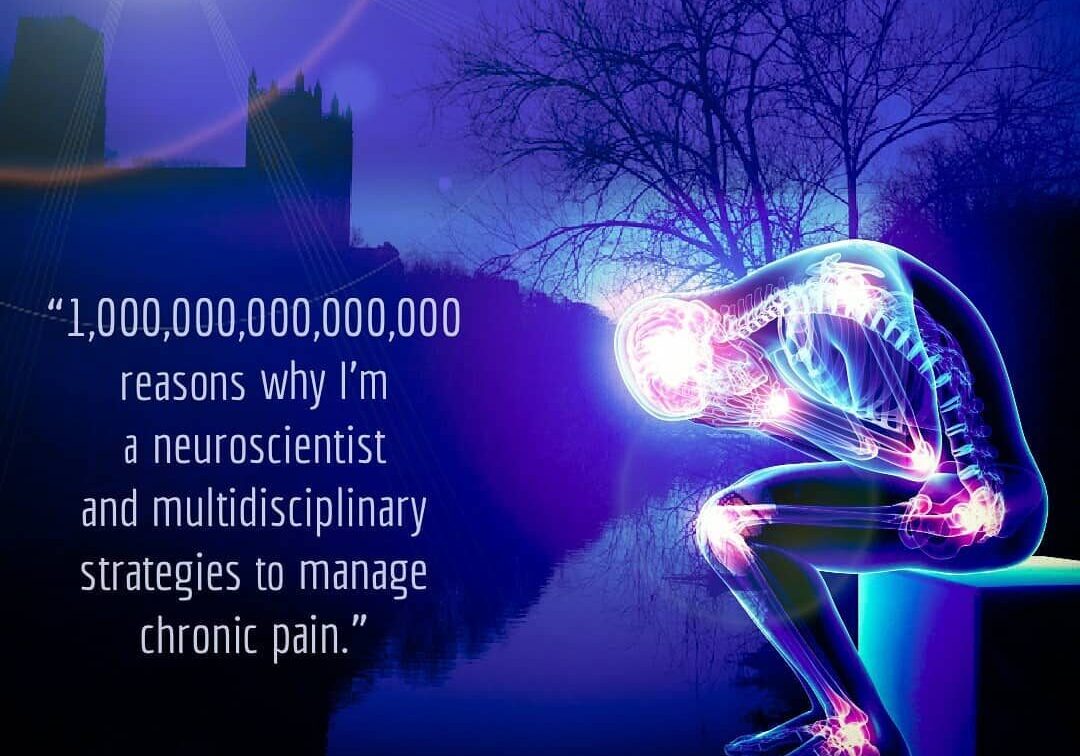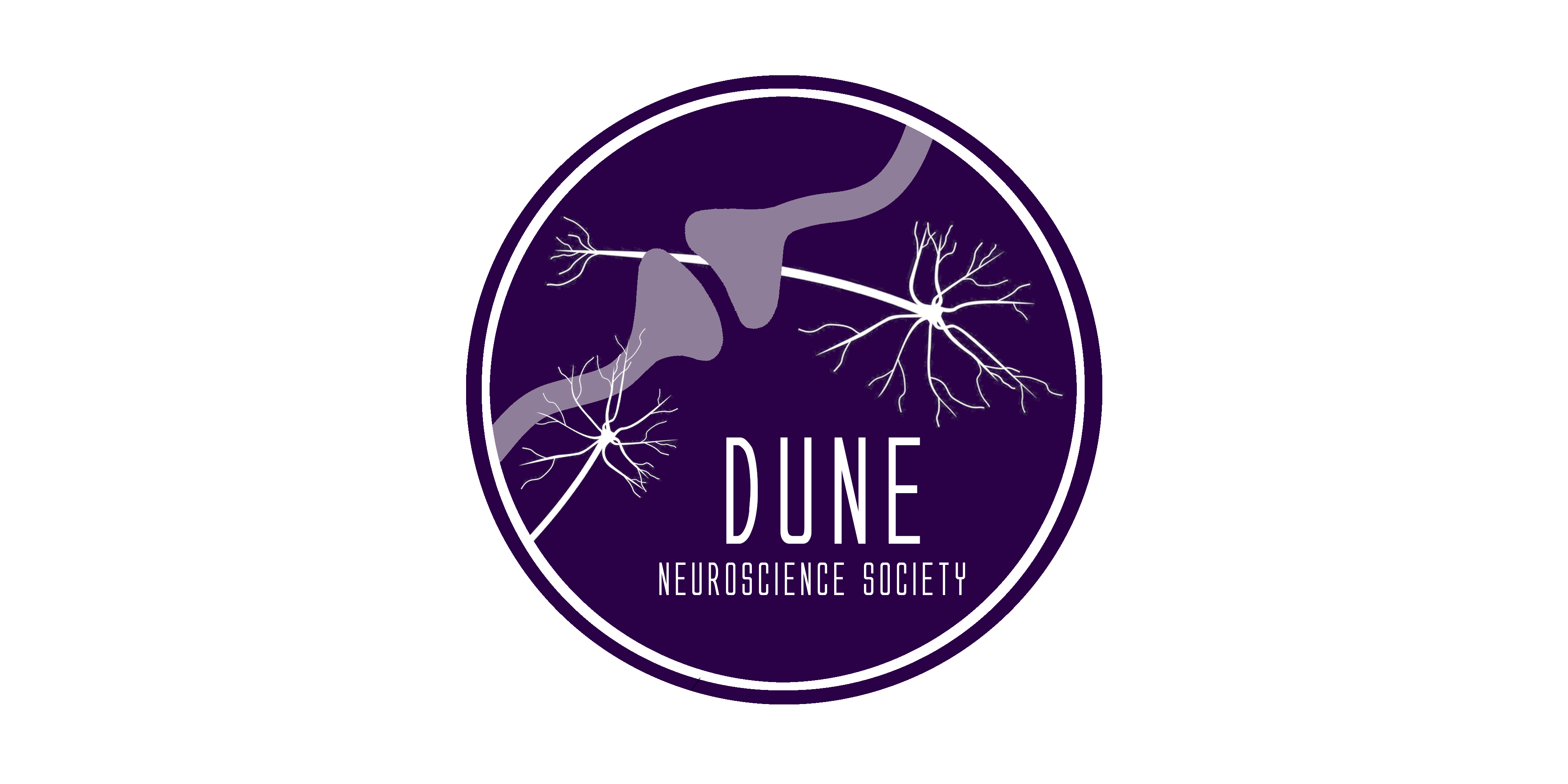
Paul Chazot’s Talk
On the evening of Friday 9th October we welcomed our very first guest speaker Paul Chazot to give a talk on chronic pain and his career is neuroscience. Paul is a pharmacologist and neuroscientist at the Durham Biosciences Department, with diverse research interests in the fields of drug development and neurological disorders.
Chronic pain affects over 25% of the population. Still, its importance as a disease was only recognised by the WHO last year. After an introduction to the complex neural processes underlying pain, Paul argued that the treatment of chronic pain requires different drugs from the ones normally used against acute pain. However, in lack of better treatments, patients with chronic pain are often prescribed compounds that are ineffective and have serious side effects on the long term (e.g. opioids, gabapentinoids).
This prompted Paul to look for a new treatment option for chronic pain, and his search lead him to the tick fly. A protein found in the tick fly saliva blocks histamine-mediated pain responses, allowing the fly to feed on humans unnoticed. The rEV131 protein is therefore a promising analgesic and anti-inflammatory drug for the treatment of chronic pain. It achieves long lasting reduction of pain and itch by practically ‘mopping up’ excess histamine, preventing the activation of histamine receptors in peripheral neurons.
After his talk, Paul answered questions from the audience and invited everyone to stay for an informal discussion. We talked about the psychological aspects of chronic pain and the importance of sleep in managing symptoms. We also considered how the Covid-19 pandemic affects the quality of life of patients with chronic pain and other neurological disorders.
Chronic pain is just one of Paul’s many research interests – in fact, he is currently working on 12 other projects in collaboration with various departments at Durham. Just to highlight a few, he is working with Sport Sciences to identify new drugs for the treatment of post-concussion syndrome, while his collaboration with Chemistry looks into novel multi-target drugs for Alzheimer’s patients. He also investigates health indicators on bones from Medieval France with colleagues form the Archaeology Department.
It was inspiring to see the wide range of topics Paul is working on. For me, as an undergraduate student interested in research, it often seems daunting but inevitable that a career in science should be limited to working in one narrow subdiscipline. Paul’s talk was a good reminder that this is not the only option for a successful career in academia, as science, including neuroscience, is interdisciplinary by nature.
If you’re interested in learning more about chronic pain or wonder what all 1, 000, 0 00, 000, 000, 000 reasons why Paul became a neuroscientist are, you can watch the recording here.



